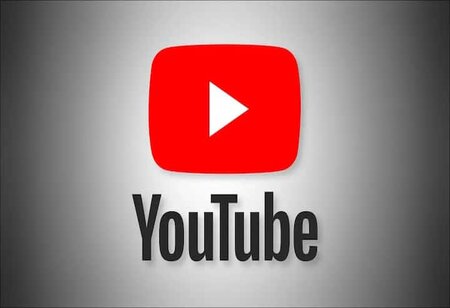By Consultants Review Team
 YouTube users recently experienced a sudden decline in the platform's performance, with complaints about laggy and unresponsive behavior emerging on Reddit. However, the root cause was swiftly identified, linking the issues to active ad blockers. Disabling these ad-blocking extensions promptly restored YouTube's normal functionality. It appears that YouTube has implemented deliberate measures, such as artificial timeouts or bandwidth limitations, to simulate a slow internet connection for users with ad blockers.
YouTube users recently experienced a sudden decline in the platform's performance, with complaints about laggy and unresponsive behavior emerging on Reddit. However, the root cause was swiftly identified, linking the issues to active ad blockers. Disabling these ad-blocking extensions promptly restored YouTube's normal functionality. It appears that YouTube has implemented deliberate measures, such as artificial timeouts or bandwidth limitations, to simulate a slow internet connection for users with ad blockers.
The deliberate slowdown strategy aims to discourage the use of ad blockers and incentivize users to view advertisements. The consequences of this approach include videos stalling during loading, previews not appearing, and fullscreen mode becoming unusable without a page refresh. This intentional degradation in performance forces viewers to make a choice – either disable their ad blockers and endure commercials or opt for a YouTube Premium subscription for an ad-free experience.
In India, YouTube Premium offers various subscription plans tailored to different user needs. The standard monthly plan, priced at Rs 129, provides an ad-free experience and background playback. Families can opt for the Family Premium plan at Rs 189 per month, allowing up to five family members to share a joint account. Additionally, users can choose a yearly plan at Rs 1159 for a cost-effective extended subscription period. Students have access to YouTube Premium at a discounted rate of Rs 79 per month, subject to annual verification. A 3-month plan at Rs 399 caters to users preferring a shorter subscription duration.
However, the deliberate slowdown and limitations for users with ad blockers have stirred controversy. The choice presented – pay Rs 129 per month or endure potentially long, unskippable ads – has left users feeling constrained and dissatisfied. Critics argue that YouTube's tactics may alienate users who value an uninterrupted viewing experience without resorting to a premium subscription.
This controversy has triggered discussions about the broader impact on user experience and YouTube's approach to monetization. Some users express frustration with what they perceive as heavy-handed attempts to push them towards premium subscriptions, while others argue that content creators deserve compensation for their work through ad revenue.
As YouTube navigates the complexities of balancing user experience, revenue generation, and platform sustainability, these recent events highlight the challenges inherent in the evolving landscape of online content consumption. Users find themselves negotiating between convenience, cost, and their desire for a seamless and enjoyable viewing experience. YouTube, like many platforms, faces the ongoing task of striking the right balance to keep both viewers and content creators satisfied.
We use cookies to ensure you get the best experience on our website. Read more...